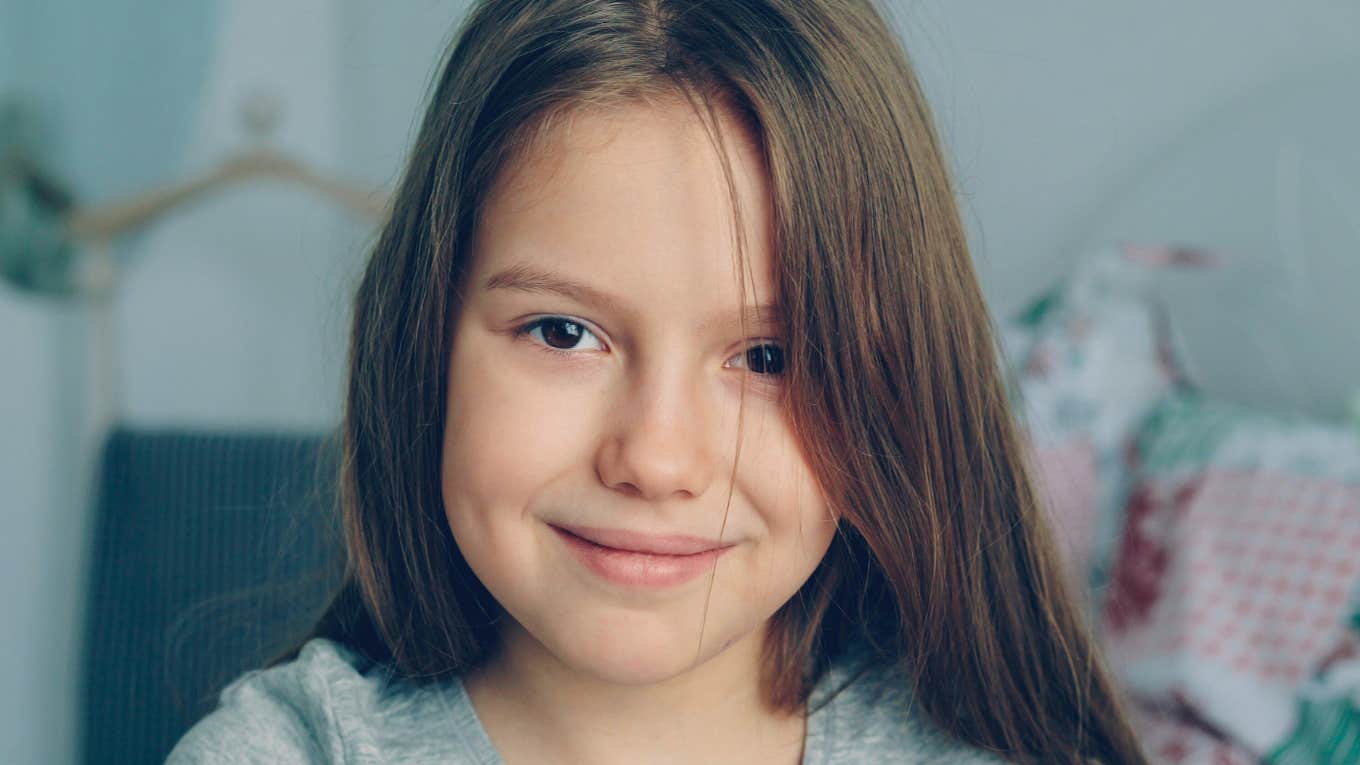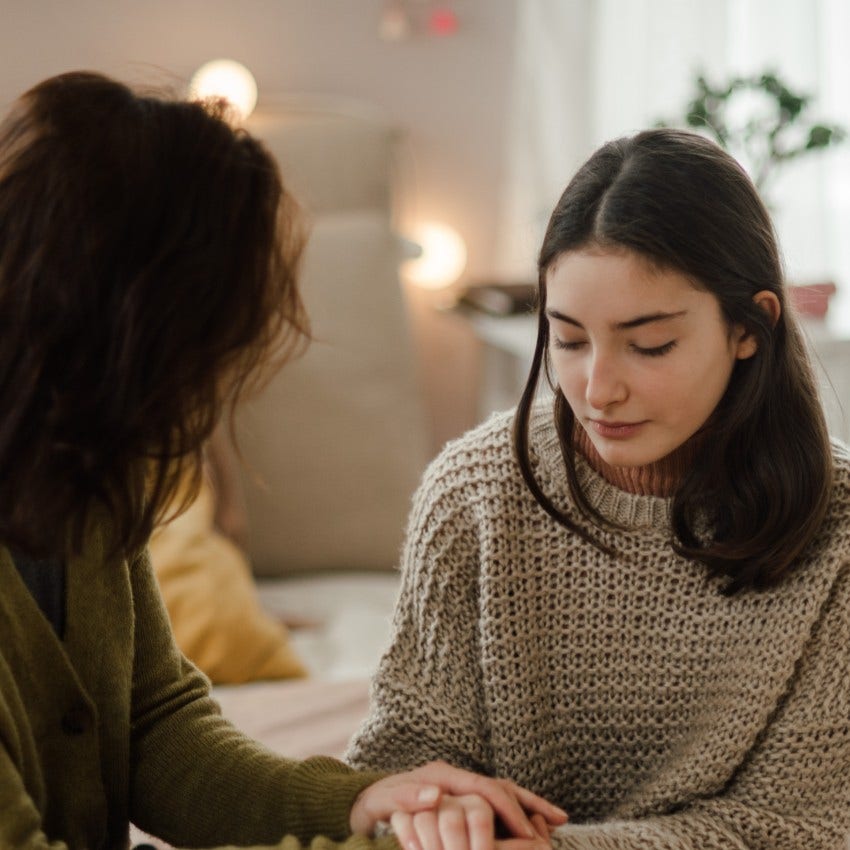Parents Who Do These 3 Little Things Raise Kids Who Always Come To Them First
Be the kind of parent your kid wants to confide in.
 Vitaly Gariev | Unsplash
Vitaly Gariev | Unsplash If you are a parent in today's world, at some point, you've probably tried talking to your kids about one important subject or another, only to end up feeling like you wanted to hit your head against the wall. It can be frustrating.
Perhaps you were ignored, or maybe you asked a slew of well-thought-out questions, only to receive a one-word answer that told you nothing in response. No matter how many great books on child psychology and parenting advice we've read, or how many videos on communicating with children and how to talk with them on their level, as parents of a real, live family, we've all been there.
However, there are effective things you can do to have the kind of deep conversations you've hoped for, and these three quick tricks below are the best place to start if you want to raise kids who come to you with anything.
Parents who do these 3 little things raise kids who always come to them first:
1. Take time alone with your kids for important questions
Kids, in general, don't like surprises, unless it's money, vacations, or food. And no one likes being put on the spot with others listening, let alone a couple of siblings or a neighbor who stopped over to have coffee.
Be careful not to ambush your kids when you want to talk. Treat them with the same courtesy you would adults and set a time and place to chat. They will be more receptive when you do, because they will feel and appreciate your respect.
Children who have frequent, positive interactions with their parents experience increased well-being and are better equipped to express their feelings and cope with difficult emotions. Research argues that children need to know that their questions and concerns will be met with their parents' attention and support.
2. Pay attention to the timing of important conversations
 Halfpoint / Shutterstock
Halfpoint / Shutterstock
Don't bring up important questions when your kid is tired, hungry, irritable, getting her period, has a headache, has a report due the next morning at 8:00 AM, or maybe is simply waiting for a text from that guy she has a crush on.
Timing is exceptionally important if you're hoping to have a meaningful conversation.
Research shows that parents' ability to be attuned to their child's cues when initiating conversations is critical for developing language skills and fostering a secure attachment. Being mindful of a child's tone, facial expressions, and body language encourages more self-disclosure and can help reduce conflict by fostering a sense of trust and security.
3. Share, share, share your feelings
Share your deepest feelings, fears, and even secrets from growing up during appropriate moments in the conversation as you're asking questions. Your kids need to know that you are human and that you also made mistakes during your adolescence.
Research often frames this as positive expressiveness, where parents demonstrate their own emotions and are receptive to their child's. Parents who openly and positively express their emotions create an environment where children learn to manage and understand their own feelings.
We want our kids to see us as perfect vessels, but the truth is that you were a kid once, and you've had your share of failures and successes. Keeping it real with your kids will make you more relatable and attainable, helping them feel not loved, but heard and understood as well.
Dr. Barbara Becker Holstein is a positive psychologist, a best-selling author, and an award-winning Selfie Filmmaker focusing on coming-of-age issues for girls and women. She is also a noted podcaster.

